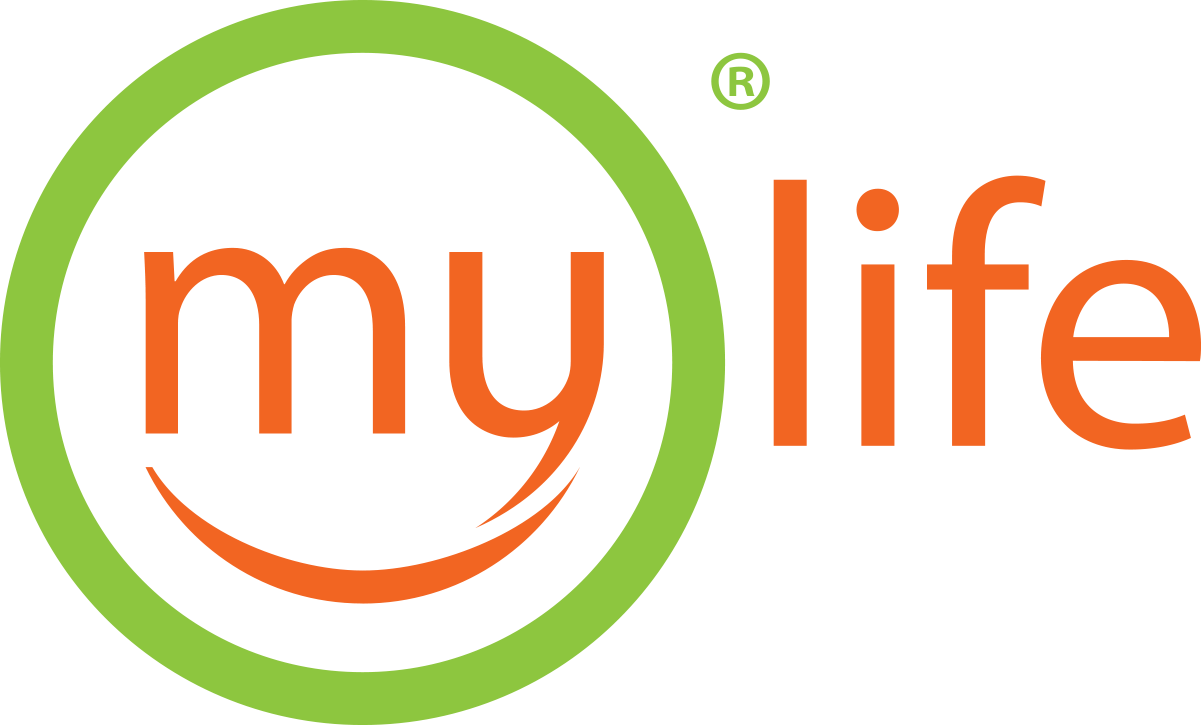The single, most effective way to be kinder to animals is by eating a plant-based diet. This means choosing to eat a little bit less dairy & meat, and a little bit more plant-powered 🌱 It’s as easy as switching out 1 meal a week. Together, we can have the impact of 7.8 BILLION people.
However, it’s hard to keep track of what’s real and what’s fake as the popularity of plant-based diets increases. Read on as we debunk the top myths of switching to a plant-based diet.
You will feel weaker and more tired
Vitamin B12 and iron are essential nutrients for sustaining energy levels, and also happen to be highly prevalent in meat. Although, switching to a plant-based diet will not result in nutrient deficiencies if you nourish your body with the correct alternatives, in sufficient amounts. Plant-based iron sources are harder to absorb than their meat equivalents, therefore you must consume greater amounts to meet your daily needs. Check out our favourite sources below:
Plant-based iron sources: Spinach, seeds, mushrooms and tofu
Plant-based vitamin B12 sources: Fortified cereal, nutritional yeast, nori and shiitake mushrooms
You won’t be able to build muscle from lack of protein
There are PLENTY of plant-based protein sources to choose from, all high in nutrients. For comparison, 1 cup of dry beans contains approximately 1/3 of your daily recommended intake. Check out our favourite sources below:
Plant-based protein sources: Tofu, beans, lentils, peas and peanuts
Plant-based diets are expensive
Regular plant-based diets are one of the most inexpensive and sustainable ways to eat. They can be tailored to any budget, with plenty of ways to cut costs. Our top tip is to purchase staple items in bulk (e.g. oats, rice and seeds) and buy your fruits/vegetables by the season.
You can only get sufficient calcium from dairy products
Similar to protein, there are various amounts of plant-based calcium sources to consume. As an added extra, all plant-based sources also contain an array of other nutrients. You can check out our favourite sources here.
Fish are the only good source of omega 3 fats
Surprise surprise, there are lots of plant-based omega 3 sources available. In fact, nuts and seeds have equal nutrients to any salmon fillet. Chia seeds and hemp are particularly good sources of omega ALA, in addition to being rich in antioxidants, vitamins, minerals, fibre and protein.

